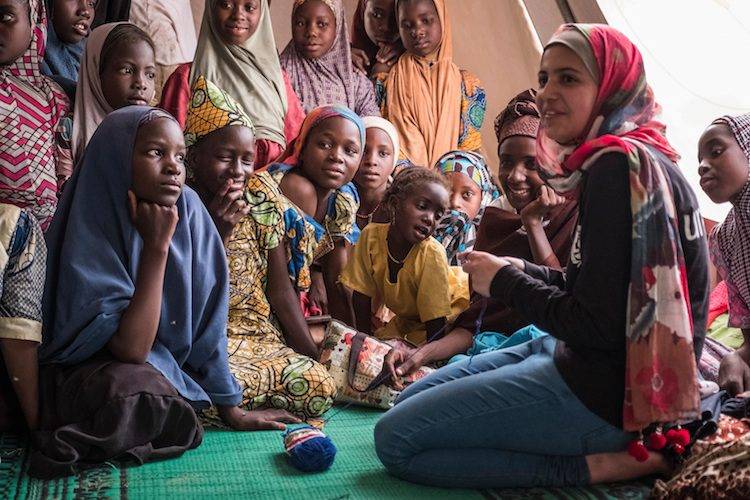These 10 African Countries Are Doing The Most For Gender Equality – Says Latest World Ranking

The World Economic Forum (WEF) has just released the Global Gender Gap Report 2020. The report looks at 153 countries and their progress made towards achieving gender parity and closing the prevalent gender gulf.
The WEF’s Global Gender Gap Report considers four key areas including economic participation and opportunity, educational attainment, health, and survival, and political empowerment.
As part of the submissions in the latest report, complete gender parity across the world is still about 100 years away.
“Gender parity has a fundamental bearing on whether or not economies and societies thrive,” the report reads.
Interestingly, the report also puts forward that it will take 257 years for women to have the same economic opportunities as men, though many countries have made strides in providing opportunities for women in other areas, like politics and education.
This year’s report rated Iceland as the country that has made the most progress towards gender equality, followed by Norway, Finland, and Sweden, while countries like Australia, the UK, and the US, dropped in the ranking.
Narrowing it down to the African continent, it appears Rwanda is doing the most as the country was ranked 9th globally. Rwanda is the highest African country on the list.
Not far behind Rwanda on the global ranking is Namibia which placed 12th in the world in terms of gender equality.
Another African country that appears to be making significant strides when it comes to closing the gender gap is surprisingly South Africa which ranks 17th globally, despite the country’s well-documented struggles with gender-based violence.
One would have to go slightly further down the list to find Burundi (32nd) and Zambia (45th) who complete the highest-ranking five countries from Africa.
According to the report, here are the top 10 African countries closing the gender gap with their position on the world ranking in parentheses:
- Rwanda (9th)
- Namibia (12th)
- South Africa (17th)
- Burundi (32nd)
- Zambia (45th)
- Zimbabwe (47th)
- Mozambique (56th)
- Madagascar (62nd)
- Uganda (65th)
- Tanzania (68th)
On the whole, Iceland claimed the top spot for the eleventh year running for the impressive number of women in politics, as well as for providing top educational and employment opportunities for women.
Notably, Spain made huge strides towards gender equality since the last index in 2018, jumping 21 spots to sit within the top 10.
The US fell two spots from 2018 and was placed in 53rd place globally. Australia, which in April was named the safest country in the world for women, fell five spots to number 44 globally. The UK came in spot 21, falling six places since the last index. Canada was placed in spot 19, falling three ranks since 2018.
The report said that gender parity has improved overall in the 108 years since the ranking system first started, but it cited areas of improvement especially in world politics where only 25 percent of parliamentary positions and 21 percent of ministerial positions are held by women.
Featured Image Courtesy: indepthnews.net